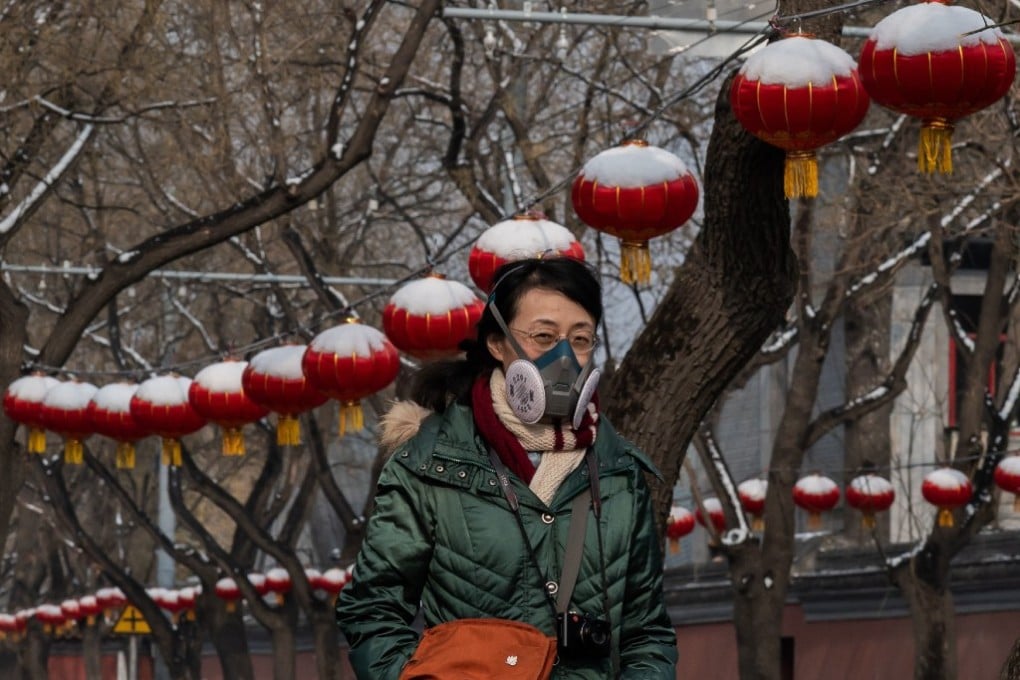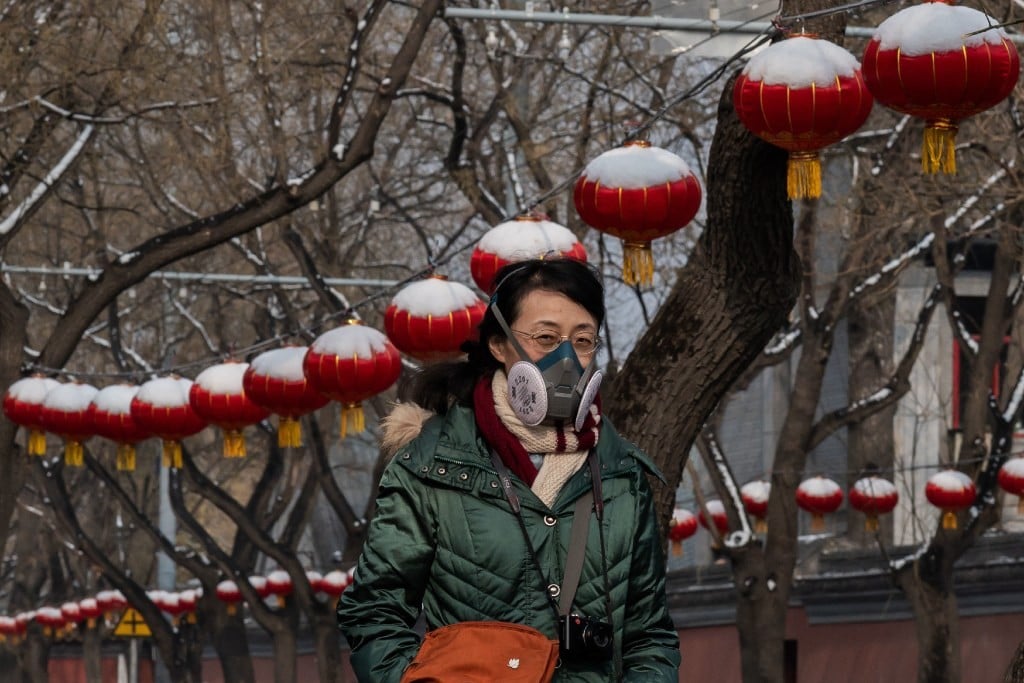How WeChat and Weibo fight coronavirus fake news
Rampant rumors about the novel coronavirus spread on Chinese social media, causing panic

It should have been a time of celebration, but the coronavirus turned my Chinese New Year holiday into one of suspicion and fear. Wild rumours spread quickly on WeChat and Weibo, promising solutions to keep people safe from the mysterious threat.
Sure, some fake news is easy to spot: I won’t be dropping sesame oil into my nostrils any time soon. But others aren’t so clear-cut, and this flood of misinformation is testing our ability to separate the real from the fake – and challenging platforms to stop it at the source.
“There’s a high amount of information saturation, with some causing a lot of panic,” said Zhu Wei, professor of communications law at the China University of Political Science and Law.

A more benign and widely believed rumour was that popular CCTV news anchor Bai Yansong was going to interview the renowned Chinese epidemiologist Zhong Nanshan. Zhong is a key figure who led China’s response to the 2003 Sars outbreak and was the first to publicly confirm that coronavirus can spread through human-to-human transmission.